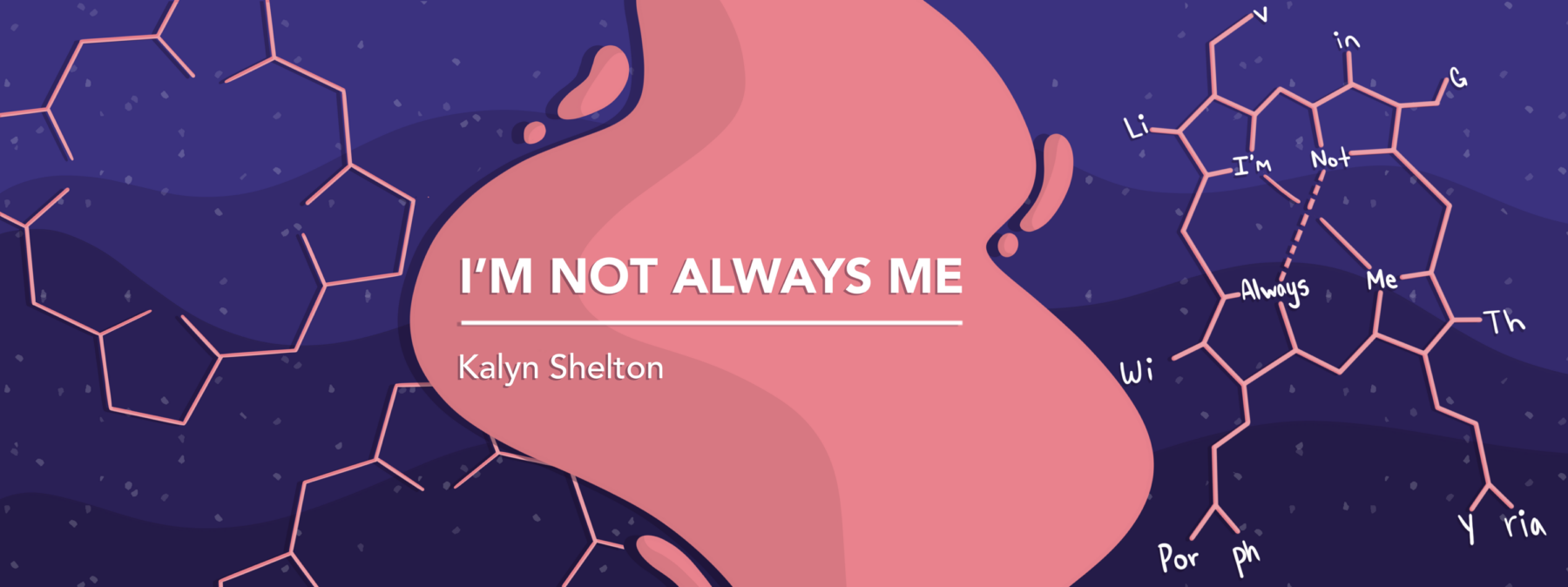Did mental health medications contribute to my AIP attack?
A columnist shares what happened during a recent hospitalization
Written by |

Note: This column describes the author’s own experiences with various medications, including Cymbalta (duloxetine) and Abilify (aripiprazole). Not everyone will have the same response to treatment. Consult your doctor before starting or stopping a therapy.
I’ve been scatterbrained, so I’m just going to lay this column out how it comes to me. I hope you don’t mind.
Lately, I’ve been struggling to accomplish anything. For some reason, I’m exhausted all the time and all I want to do is sleep. I don’t think I’m depressed, but sometimes it’s hard to tell.
About a month and a half ago, I was in the hospital for 11 days because of an acute intermittent porphyria (AIP) attack. I’d fought the symptoms for a few months until I couldn’t anymore. The pain on my right side was excruciating, and the nausea and vomiting wouldn’t go away.
During my hospital stay, I was given Panhematin (hemin for injection) through a port in my chest, along with dextrose. For the first few days, I was also taking my daily medications Cymbalta (duloxetine), Abilify (aripiprazole), Horizant (gabapentin enacarbil), Prilosec OTC (omeprazole), and trazodone.
However, I wasn’t getting better.
I was throwing up constantly and couldn’t keep anything down, so I went a few days without any of my daily meds. During that time, my symptoms, especially the nausea and vomiting, started to subside. I began taking my daily meds again, only to take another turn for the worse.
That’s when it dawned on me that perhaps my mental health medications — Cymbalta and Abilify — had triggered my AIP attack, even though they’re both listed as safe for use in acute porphyria.
I got in touch with a lovely lady who works with hepatologist Herbert Bonkovsky in Winston-Salem, North Carolina, and she shared with me that, despite its listing as “safe,” she’s seen many porphyria patients have issues with Abilify. That’s when I decided to stop taking my mental health meds. Although I suffer from anxiety, depression, and mood swings, I’d rather manage those issues than a porphyria attack.
That was a difficult personal decision, and not one I’d necessarily recommend to others. You should always talk to a psychiatrist or other healthcare professional before making any changes to your treatment regimen. I just knew in my heart that this choice was right for me.
The only medication I’ve taken since mid-April is gabapentin for nerve pain, which I can’t do without. The pain in my legs is unbearable.
Since then, my mental health has been OK; however, I haven’t been a nice person. I’m ill and snappy, especially since I’m also going through menopause after having a full hysterectomy a few years ago. I think it’s fair to say that most women experience moodiness during this time. I’m also adjusting to myself and the world again after being on my mental health meds for almost five years.
I have a lot of work to do to become a better person, but I’m willing to do it, especially if it keeps me out of the hospital. Regardless, I’m a blessed porphyria warrior who’s not giving up!
Note: Porphyria News is strictly a news and information website about the disease. It does not provide medical advice, diagnosis, or treatment. This content is not intended to be a substitute for professional medical advice, diagnosis, or treatment. Always seek the advice of your physician or other qualified health provider with any questions you may have regarding a medical condition. Never disregard professional medical advice or delay in seeking it because of something you have read on this website. The opinions expressed in this column are not those of Porphyria News or its parent company, Bionews, and are intended to spark discussion about issues pertaining to porphyria.







Anne Bezuidenhout
It all make sense to me. Yes, medication although ..safe.. is not always safe.scattered brain, yes, makes a lot of sense, specifically during AIP. Diffirent personality at all. Luckily my family understands the Porohyria thing! It's just good to see other porphyria sufferers have the same symptoms. At times my mental well being is not holding up and I will become a total nuttcase, I just wish that doctors all over the world would become clued up with porphyria. At timesjhace to teach a doctor. Crazy...but yes it's nit easy mist if the times, twice I have been admitted to hospital and I had to inform the doctor how and what to treat me with. And boy, don't even think to ask the doctor if medication prescribed is safe, they treat you as if you are stupid, knowing everything about porphyria. I enjoy your publications,andeven send it to other family members with porphyria.
Keep it up